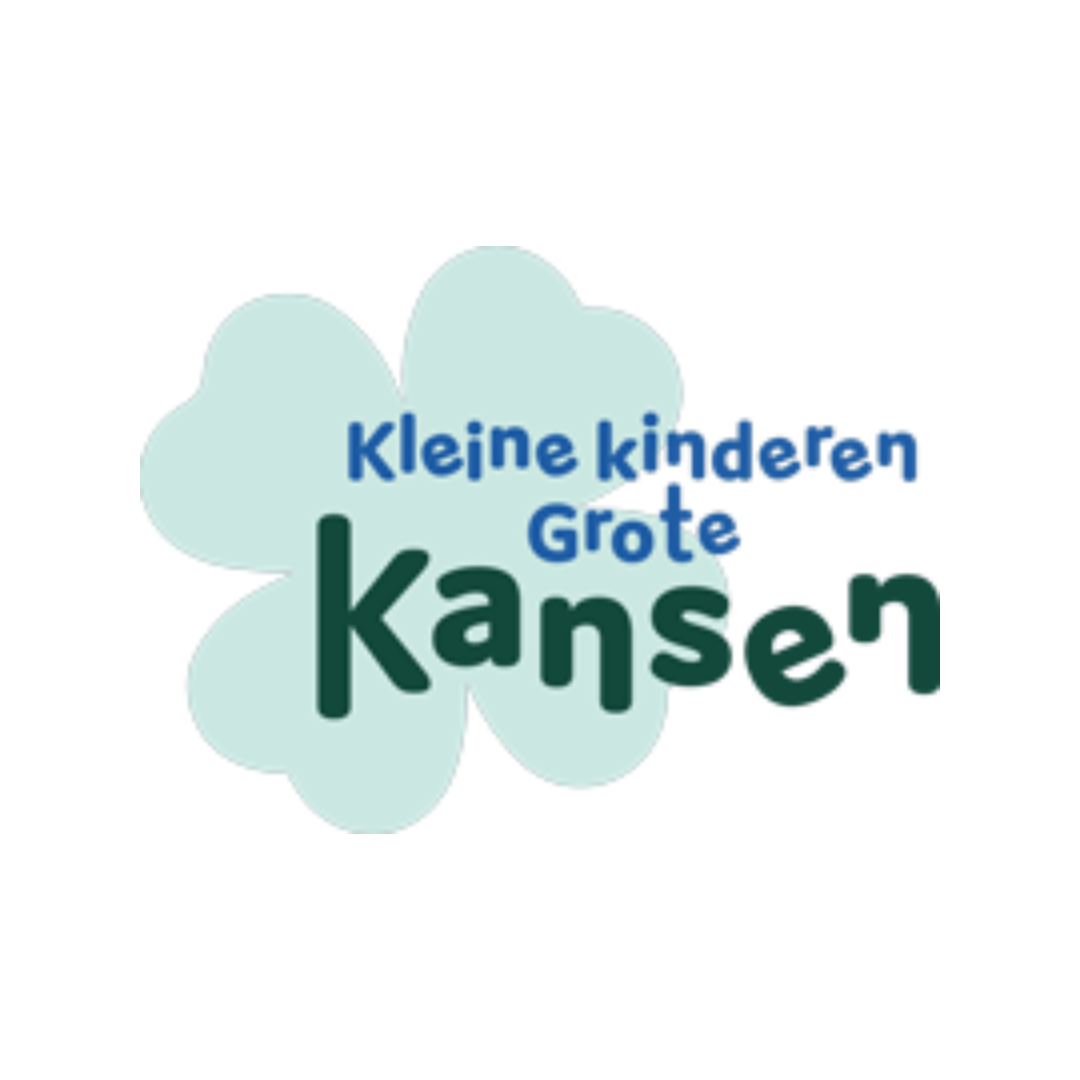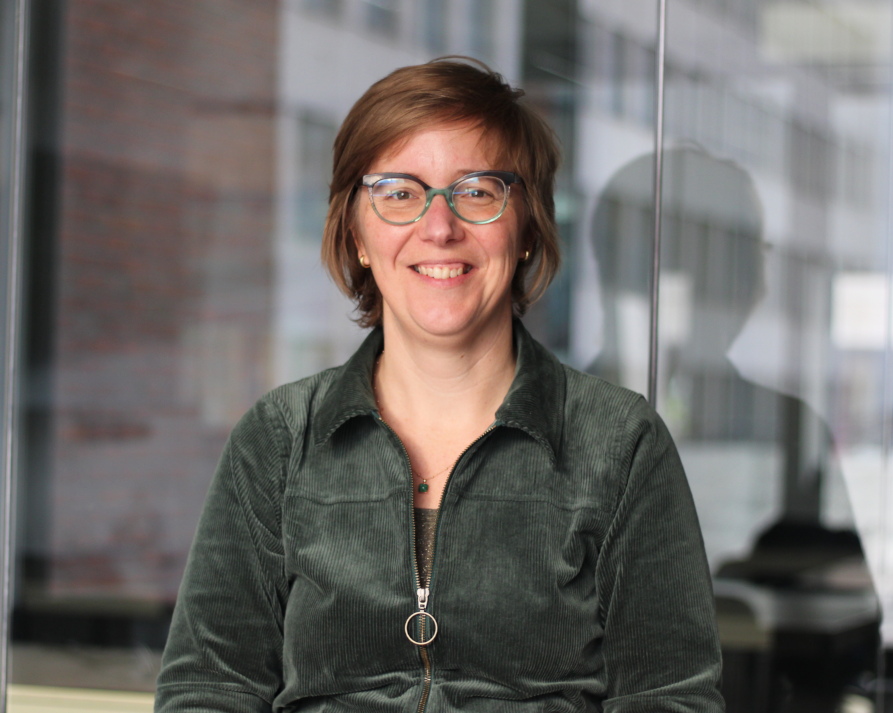We work on more than 300 projects every year.

External evaluation ‘Kleine Kinderen Grote Kansen’
Ella Desmedt
The challenge
‘Kleine Kinderen Grote Kansen’ (Little Children Big Opportunities) was a network in which all educational bachelor programmes in nursery and primary education in Flanders worked together on the same mission: realising more great educational opportunities for all children. It was founded in 2016 and supported until the end of 2023 by the King Baudouin Foundation and the Department of Education and Training.
Specifically, projects in colleges were funded to develop new methodologies with students and internship schools around themes such as language stimulation, poverty, diversity, executive functions, warm relationships and strong transitions. There were also learning networks with education professionals, and supporting research and communication through Klasse.
In preparation for a decision on extension or sustainability of the project beyond 2023, the King Baudouin Foundation appointed IDEA Consult as external evaluator.
The process & results
The following evaluation questions were central to this external evaluation:
- Impact evaluation:
- What are the results (outputs, outcomes, impact) of the KKGK project?
- Process evaluation:
- What are the strengths of the project? Are there still opportunities?
- What contextual factors promote or hinder the success of the project?
- To what extent is there support or a need to continue the initiative?
- Policy recommendations:
- What might a successor to KKGK look like?
- What is needed to address the structural causes of child poverty?
The internal evaluations by the project team were the starting point for the external evaluation. For the external evaluation, data were collected from different sources and perspectives:
- In a first phase, a desk study was conducted. This included project proposals and internal evaluation reports.
- Several (group) interviews were then conducted with both actors heavily involved in the project, wider partners, intermediary organisations, and outsiders with informed opinions.
- A focus group with project staff (n=8) who were implementing the subprojects at the colleges was organised.
- In addition, heads of training were also interrogated through a survey (n=17) and a focus group (n=6).
- A third focus group was organised with ‘loyal participants’ (n=4), or also education professionals who participated in the project several times (be it in the learning networks, in the subprojects as internship schools, or a combination of both).
To produce the recommendations, a workshop was first organised with daily management and some loyal participants. Then, on the final day of the last project period, round table discussions were organised with about 30 participants to further reflect on the recommendations.
The first part of the recommendations contains proposals for a possible successor to Kleine Kinderen Grote Kansen, preserving the strengths and remediating the areas of concern. The second part of the recommendations repeats part of the King Baudouin Foundation’s publication ‘Hefbomen om de structurele oorzaken van Kinderarmoede aan te pakken’ (Levers to tackle the structural causes of Child Poverty) to emphasise that an integrated approach remains necessary to tackle the structural causes of child poverty.

